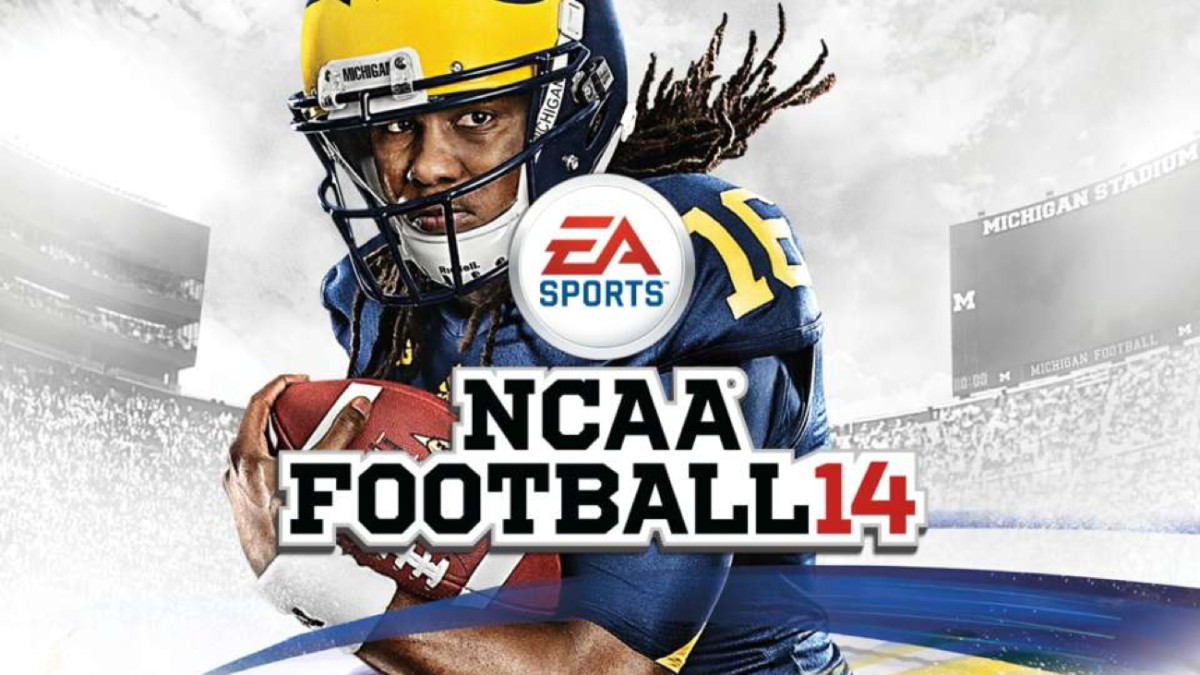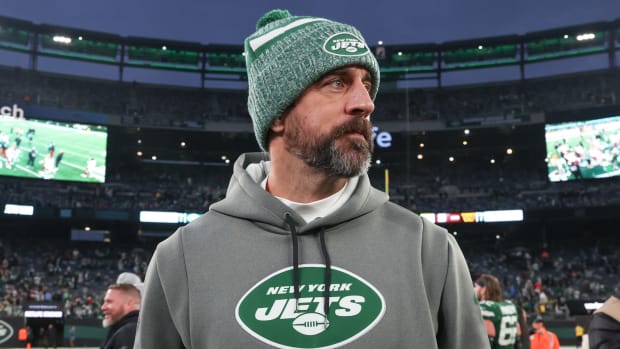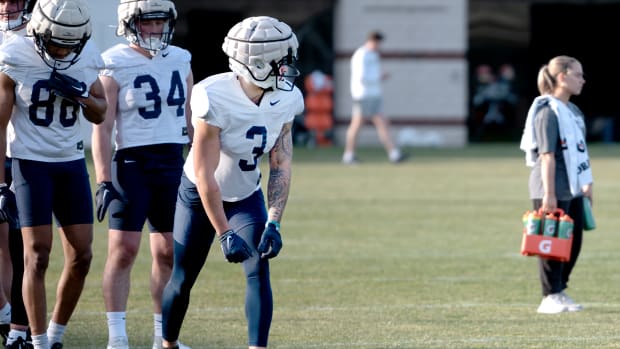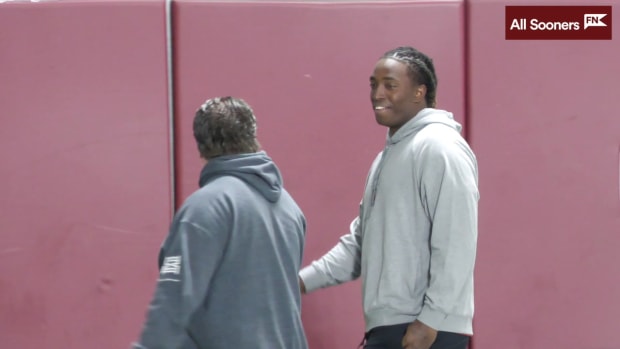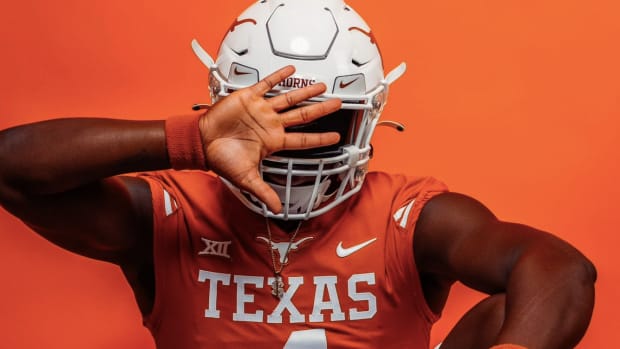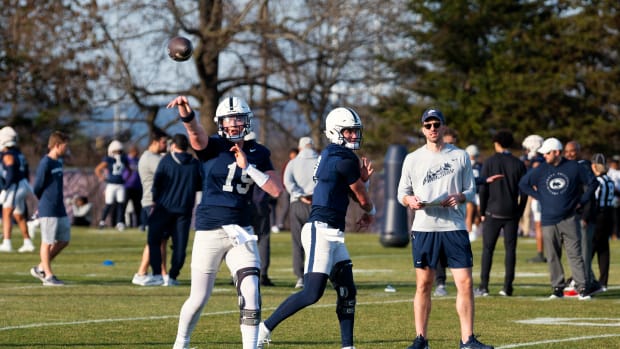Why Did EA Sports Stop Making NCAA Football Video Games?
The wildly-popular NCAA Football video games are officially coming back.
EA Sports announced it plans to make a college football video game again. This ends years of speculation about the franchise since it was last produced in 2013.
But why was a game with such a loyal fanbase discontinued in the first place?
The end of the game stems from a high-profile legal battle headed by former UCLA star basketball player Ed O’Bannon that has set the tone for many of the name, image, and likeness conversations still happening in college sports today. The video games didn’t directly use the names of players (remember “QB No. 2” for Texas A&M?), the games used the numbers, skill sets and general appearances of players without compensating them.
O’Bannon led an antitrust class-action lawsuit against the NCAA that named EA Sports and the Collegiate Licensing Company (CLC) as co-defendants arguing that the NCAA was wrongfully using athletes’ images commercially. The video game was a perfect example of this: O’Bannon was featured on a classic UCLA team as No. 31, but with identical measurements, handedness and skin tone.
EA Sports and CLC reached a settlement with O’Bannon and the plaintiffs on a $40 million agreement that resulted in checks of a few hundred to a few thousand dollars sent to players whose likenesses had appeared in the game.
This alone did not force the game to shut down: EA indicated in court filings that it was willing to pay players moving forward to use their likenesses (and potentially names) in the game.
The holdup came on the NCAA side, whose resistance to allowing players to profit in any way while in school made it virtually impossible for EA to keep making the game without yet another lawsuit. Despite its popularity, EA stopped producing the game.
"When we filed the case, we felt very strongly that EA's appropriation of student-athletes' images for a for-profit venture was wrong, both in a legal sense and from a more fundamental moral perspective," co-lead counsel in the class-action lawsuit Steve Berman said in a statement at the time, per ESPN. "Students agreed that by being student-athletes that they could not exploit their personal commercial value, an agreement they lived up to. The same cannot be said about the NCAA or its partner Electronic Arts."
In order for the new game to function like the old one and include the likenesses of players, NIL legislation passed by the NCAA (and likely by Congress) will need to allow for “group licensing.” Group licensing is what allows for the sale of things like trading cards, licensed apparel and video games at the professional level.
With Democrats currently holding the majority in the House and Senate along with the presidency, it is expected that a more expansive NIL bill will be passed compared to the ones the NCAA (and many Republicans) favored. Among the potential rights expansions: group licensing.
While the game is still reportedly far from completion and many questions remain about exactly how players’ likenesses will be used in the game, Tuesday’s announcement by EA Sports is an important step in the return of a game college sports fans have been waiting for since 2013.
